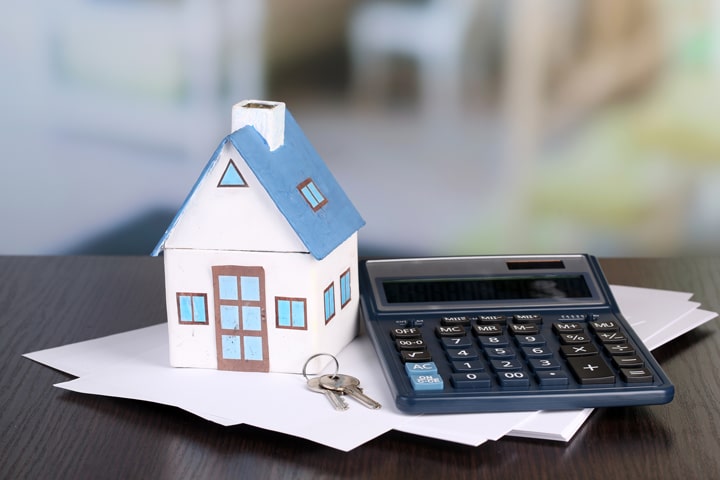
What is the real cost of a mortgage?
The lifetime of a mortgage in New Zealand is usually between 25 to 30 years. Because the mortgage lasts so long, even though interest rates are relatively low, you end up paying about the same amount back in interest as you have borrowed in principal. If you look at the infographic in the next section, you will see that when you borrow $300,000 over 30 years at 5.45%, you end up paying back $609,533 in total.
Wow, $309,533 just in interest payments, that’s more than what was borrowed in the beginning! That’s the real cost of a mortgage; it lasts so long, you end up paying the home loan off twice — once for the principal and once for the interest.
What effect does making extra payments have?
I got a raise and now have $50 cash left each week, so that’s $100 per fortnight extra I can put on my fortnightly repayments. Comparing the two scenarios below shows how you can really gain value out of directing extra money into your mortgage. Cutting a whopping 5 years and 10 months off the mortgage lifetime and a saving of $65,365 in interest. The key is that you pay interest for a shorter period of time and that translates into a significantly smaller debt.

What else should I consider?
There’s no question that the figures above show a fantastic benefit from putting extra funds into your mortgage but that doesn’t necessarily mean if you are in this position you should do it, there are other things to consider.
The extra funds may serve you better if you put them towards building a diversified investment portfolio, this will protect you from industry specific shocks. Investment opportunities like Kiwisaver can be a prudent use of money above your mortgage and livings costs.
There are a lot of factors to consider and the decision will depend your lifestyle and goals in the short to long term future. If you find yourself in this position and you are unsure what the best path is you should seek the advice of a qualified financial adviser.
Extra Mortgage Payments Summary
- Extra home loan payments = less overall debt, faster payoff, shorter time to being mortgage free which is great.
- You may miss out on other investment opportunities if you focus solely on your mortgage.
- Extra money paid into a mortgage most often cannot be withdrawn if you need it again without a mortgage restructure.
FAQs
What is a settlement date?
It’s when ownership passes from the seller to you, and you pay the balance of the sale price.
Why you make extra repayments when looking to pay off your mortgage early
Making additional payments on top of your monthly repayments helps you pay off your mortgage faster while paying less interest. So anything extra you put in during that time will reduce the principal amount, which means you will be paying interest on your loan for a shorter amount of time — this means you shorten the life of the loan and reduce your interest costs.
What are the loan fees I can expect when having a mortgage?
Fees such as; Application/Establishment, Annual package, Monthly, Discharge, Valuation, Legal and Settlement can be expected when going through the process and obtaining a loan.
Should I be making fortnightly or monthly payments on my loan?
It all depends on the individual, and what they can manage within their budget. However, it should be noted that interest on mortgages tends to accrue daily, so ideally, repaying weekly will save you more interest than repaying fortnightly. Weekly and fortnightly payments generally tend to be better than paying monthly in the long run.
What is a Loan Agreement?
A Loan Agreement is a very detailed record of a loan between the borrower and lender that usually includes details about how the loan will be repaid and when. A Loan Agreement also lists the responsibilities both parties have with regard to the loan, including the loan repayments schedule.
What is a fixed interest rate on a home loan?
A fixed interest rate is one that is fixed, or locked in, at that number and will not change for a set period — as opposed to a floating or variable interest rate. With fixed rate home loans, the fixed period is typically from 1 to 5 years. This means your regular mortgage repayments remain the same during this period.






